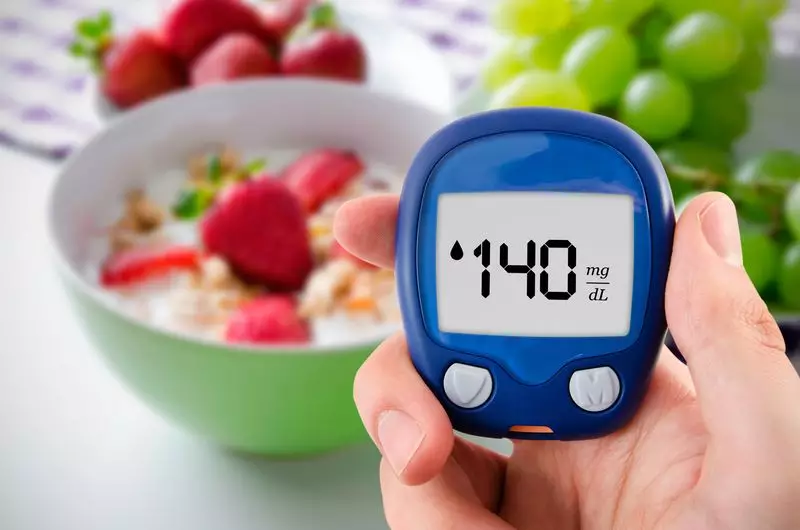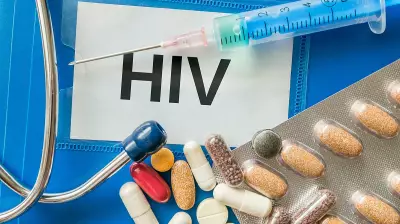
A startling new analysis of medical reports from across India has uncovered a health crisis of unprecedented scale. Research examining data from over four million individuals suggests that every second person in the country may be living with high blood sugar levels, placing them at serious risk for developing full-blown diabetes and related complications.
The Alarming Scale of India's Blood Sugar Crisis
The comprehensive study, conducted by a leading health technology company, examined an enormous dataset comprising 4,13,000,000 individual medical reports from people spanning all age groups and geographic regions of India. The findings paint a disturbing picture of the nation's metabolic health, revealing that approximately 50% of the population shows elevated blood sugar readings.
This analysis provides the most extensive snapshot yet of India's growing diabetes epidemic. The research methodology involved collecting and examining blood sugar test results from various diagnostic centers and healthcare providers across the country, creating what experts are calling the most representative sample of India's blood sugar status ever assembled.
Understanding the Numbers Behind the Epidemic
The research categorized blood sugar levels according to standard medical guidelines, with readings above normal ranges indicating either prediabetes or diabetes. What makes these findings particularly concerning is that many individuals with elevated blood sugar remain completely unaware of their condition, as symptoms often don't appear until significant damage has occurred.
Medical experts emphasize that high blood sugar doesn't automatically mean diabetes, but it does represent a critical warning sign. The condition, often referred to as prediabetes when blood sugar is elevated but not yet at diabetic levels, significantly increases the risk of developing type 2 diabetes, heart disease, and stroke if left unaddressed.
The study's massive sample size lends unprecedented credibility to its findings, covering urban and rural populations across multiple states and union territories. This geographical diversity confirms that the blood sugar crisis affects Indians nationwide, not just in metropolitan areas where such health issues are more commonly documented.
Implications and Call to Action for Indian Healthcare
These findings have profound implications for India's public health system and individual citizens alike. With half the population potentially at risk, the study underscores the urgent need for widespread screening programs and public awareness campaigns about blood sugar management.
Healthcare professionals responding to the study emphasize that early detection and lifestyle interventions can prevent or delay the progression from prediabetes to diabetes in many cases. Simple measures such as dietary modifications, increased physical activity, weight management, and regular monitoring can significantly reduce risks.
The research also highlights the importance of regular health check-ups, especially for individuals with family history of diabetes, those overweight, or people leading sedentary lifestyles. Given the silent nature of elevated blood sugar in its early stages, proactive testing becomes crucial for timely intervention.
This groundbreaking analysis serves as a wake-up call for policymakers, healthcare providers, and citizens to prioritize metabolic health. As India continues its economic development, addressing this widespread health challenge becomes essential for maintaining workforce productivity and reducing future healthcare burdens.






